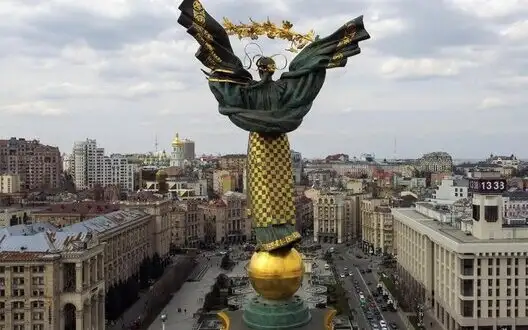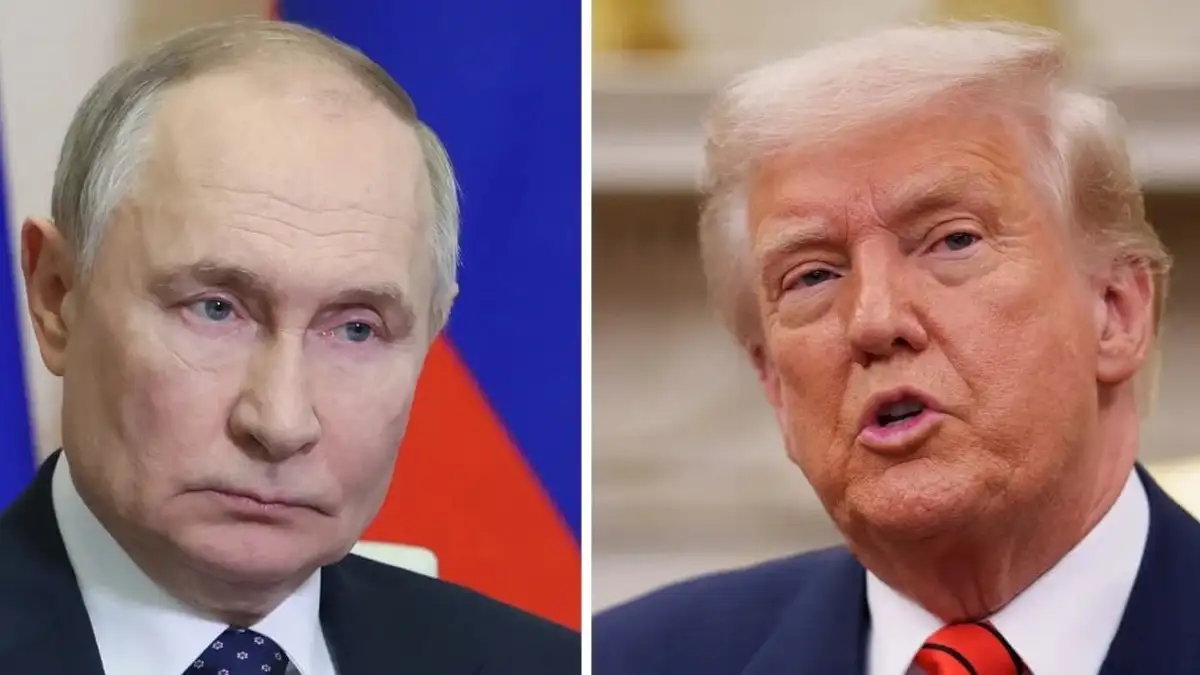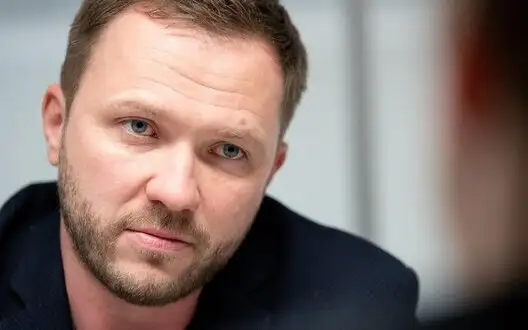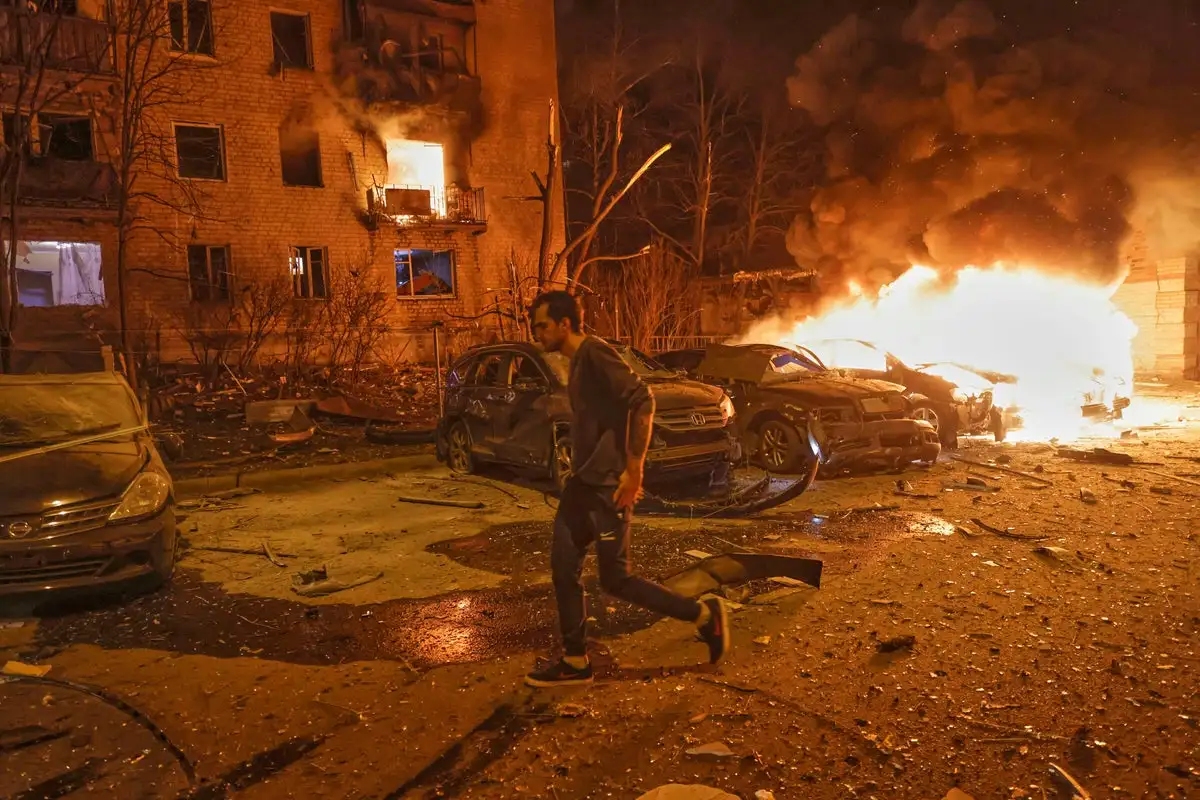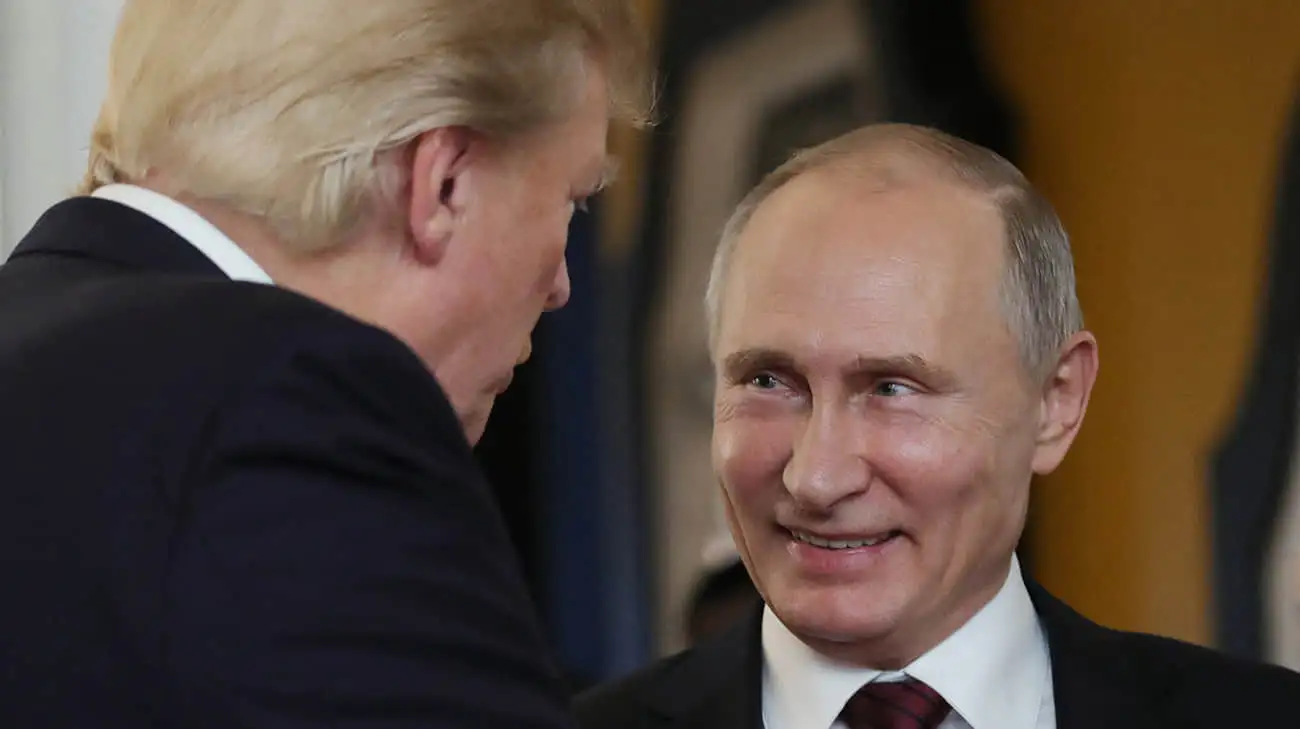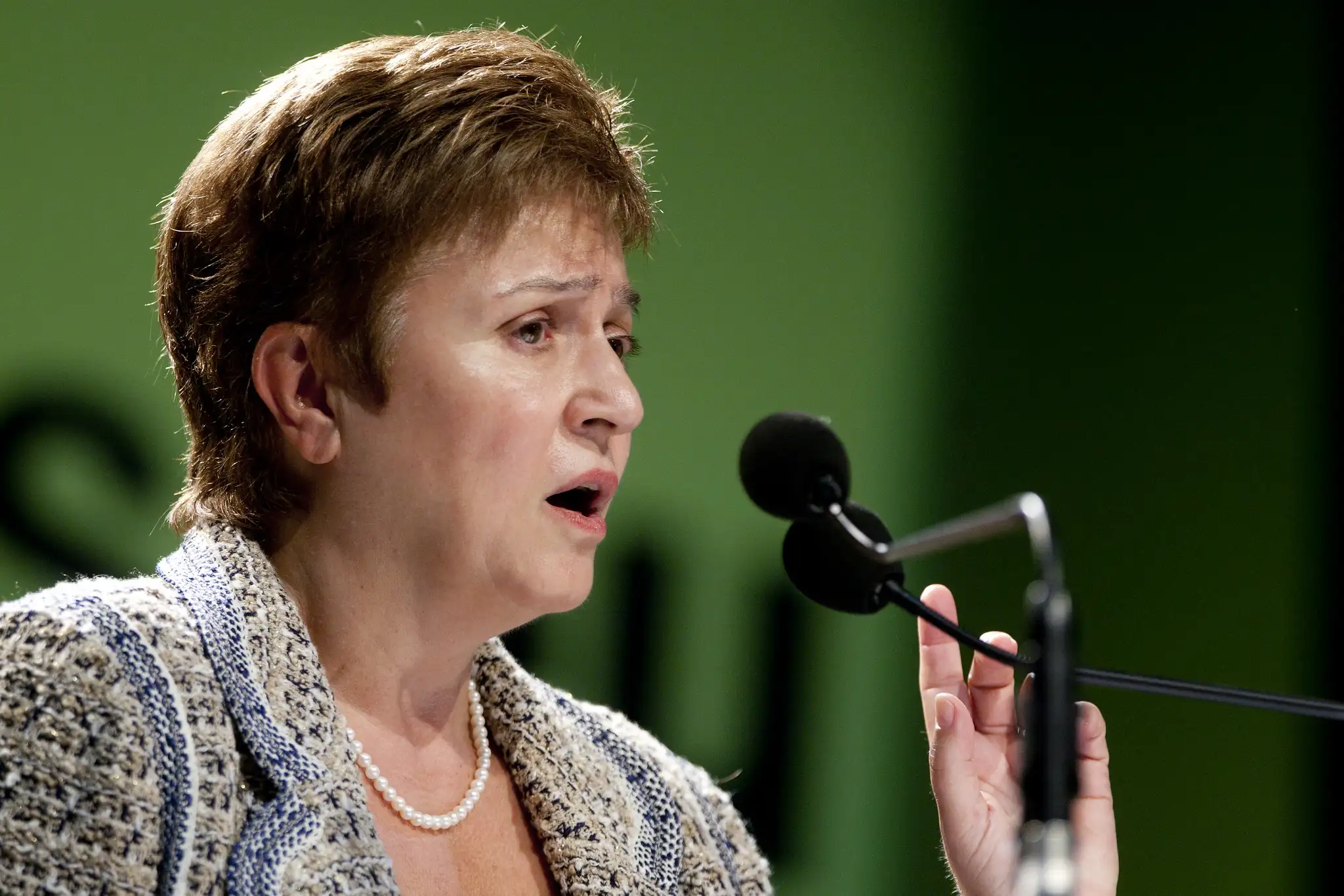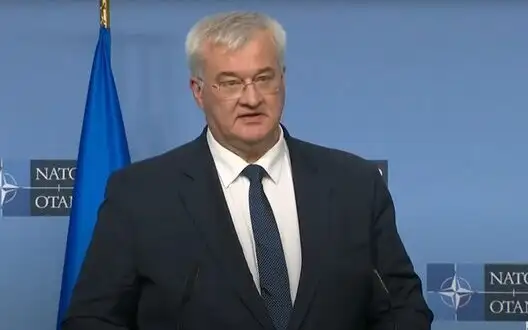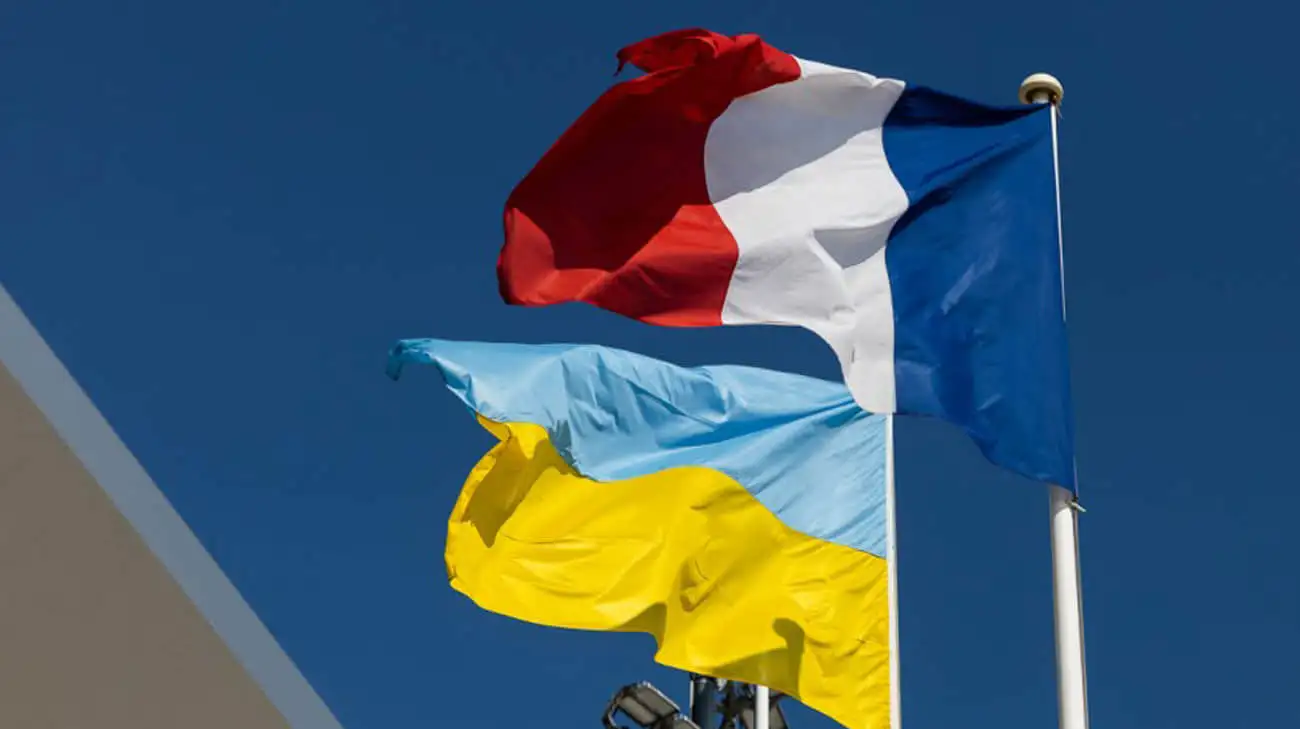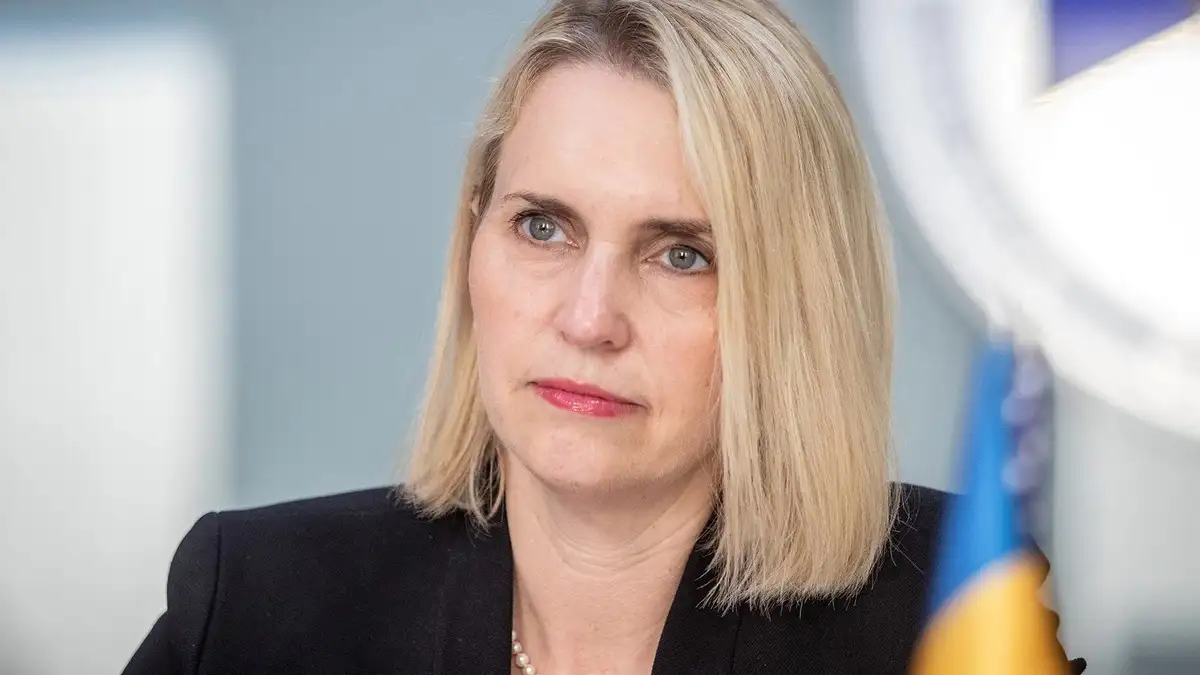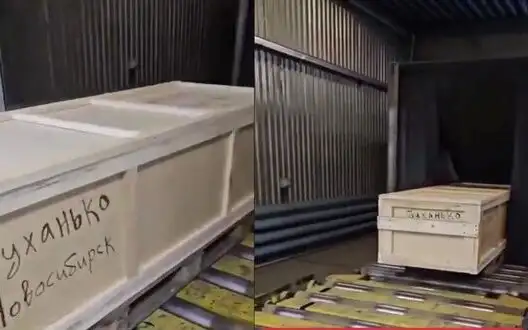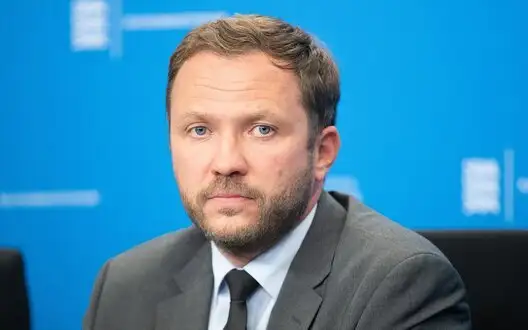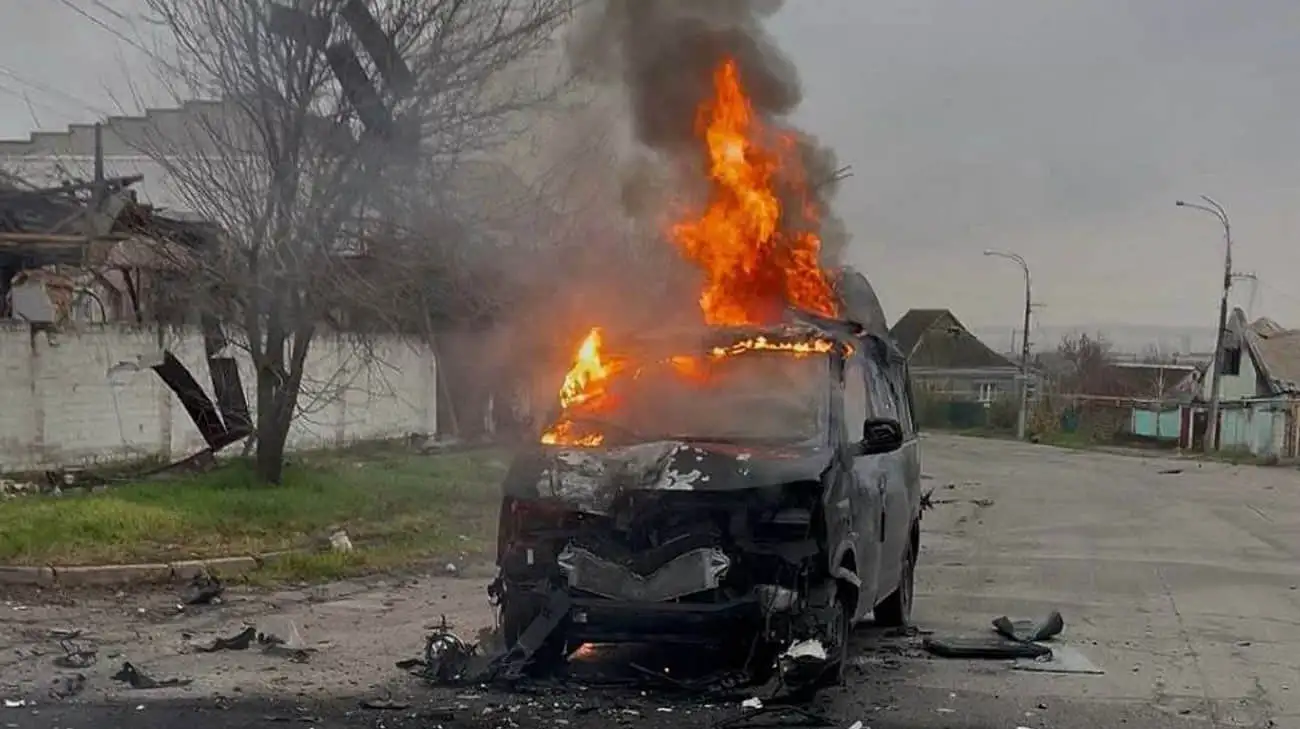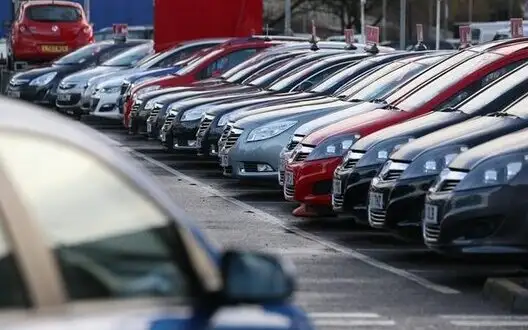Advocating for disability rights amid war
www.pravda.com.ua
Thu, 03 Apr 2025 18:33:56 +0300
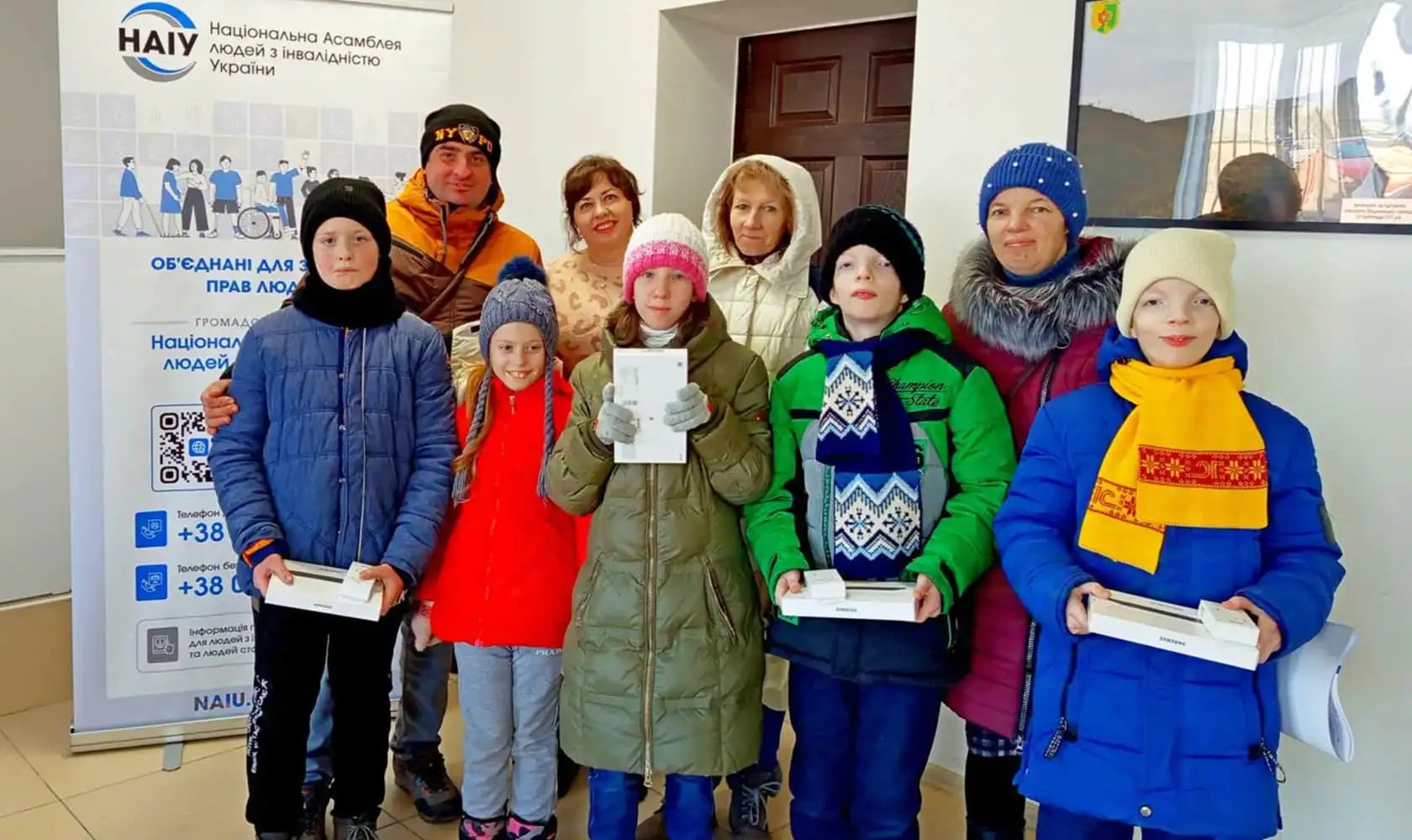
In a small town of Opishnya, known for its pottery and quiet rural life, Natalya Pruhlos days are anything but quiet.
Her phone buzzes constantly as she juggles calls from village elders, doctors, and community members.
As a local coordinator for the National Assembly of People with Disabilities, she is at the center of an effort to support people with disabilities in rural Ukraine, where war has left many isolated and underserved.
I had no idea this is where Id end up, Natalya says, with a little smile on her lips, When I first started this job, I thought I would just be helping out with a few surveys.
But here I am, serving this community that became very dear to me.
As a person with disability myself, I am happy to advocate for change, she adds.
A network without walls Opishnya, Natalyas place of work, is a small town in NorthEastern Ukraine.
Despite its size, its wellknown across the country as an important cultural center and pottery capital of Ukraine.
It used to attract thousands of tourists eager to buy some handmade jugs, plates, or figurines, or simply observe the art of making pots a rather exotic experience for most city dwellers. Now, three years into the Russian fullscale invasion, the townspeople are feeling the increasing burden of the war.
Tourism and shopping dwindled, and the security situation remains tense as Opishnya is less than 150 kilometers away from the Russian border. From the town of festivals and markets, the focus has shifted to survival.
For residents with disabilities, the war has only deepened their isolation.
Some people havent left their homes in years, Natalya says.
Its not just the war its the gravel roads and lack of transportation.
Theyre cut off.
But the war certainly made the matters worse.
In the past, there were more resources and opportunities to do something, and at least, there were no security concerns, she continues, Now, with the invasion, people are more tired, and maybe, they do not always have as much empathy as before, and this also affects people with disabilities.
In her job, Natalya works directly with people with disabilities helping them as they navigate an increasingly challenging situation.
She has no formal office.
Most of her work takes place over the phone or during visits to remote villages.
All Photos provided by Anna Romandash Her task is simple in theory but daunting in practice identify people with disabilities and figure out what they need.
Some people she helps do not have an official status and cannot claim state support as persons with disabilities.
She helps them, too.
There are no reliable statistics, she explains.
Were building the numbers ourselves, one application at a time.
Basically, were collecting data on the number of people with disabilities in our local community as there is no updated information.
And then, once we collect this data, we are also figuring out how to help the people.
So its not just about getting the numbers, but also about helping where there is no other help available.
BANNER1 Her day often starts early and ends late.
Mornings might involve coordinating with local doctors to arrange transportation for patients needing specialized care.
Afternoons are for delivering supplies like walkers, hygiene chairs, or wheelchairs, often to homes in isolated areas.
Evenings are spent following up on applications or preparing reports for her organization.
I once delivered a wheelchair to a man who hadnt been outside in months, she recalled.
It was just a 20minute drive, but for him, it changed everything.
With her husband often serving as her driver, Natalya delivers mobility aids and other essentials to places that lack paved roads, let alone accessible infrastructure. Hes my backup when theres no other way to reach people, she says with a smile.
In her job, Natalya coordinates financial assistance that people with disabilities and other locals in need can request.
The programme also provides free transportation to medical facilities.
Cancer patients, for example, are offered rides to chemotherapy sessions in Poltava, a city nearly 50 miles away.
One of Natalyas proudest achievements is revamping the local midwifery and nursing point, replacing outdated equipment and furniture.
It wasnt just about aesthetics, she explains.
It was about creating a space where people felt cared for.
Its about small things that make a big difference, like making sure someone can get to a hospital.
Accessibility on Paper or in Practice There are millions of people with disability in Ukraine, but, as Natalya explains it, the statistics on their exact number and locations are all outdated as they were collected before 2022 Russian invasion.
Many people with disabilities relocated to different parts of the country, moved abroad, or were killed during the war.
Many more people got a disability as a result of invasion and also relocated across the country. In her work, Natalya is keeping track of everyone in her local community which includes internally displaced people with disabilities who recently moved to Opishnya or nearby villages, veterans, and anyone else who may have mobility or other health issues. With the community she serves, Natalyas formed a committee on accessibility.
Together, the group was supposed to advise local officials on disabilityfriendly policies and practices but the progress is slow. One of the members of the committee is a wheelchair user, Natalya recalls, Shes been unable to leave her home because she cannot make it past the gravel road outside her house.
Its frustrating.
Basically, this is one more example why we need accessibility and we need to hear people directly affected by the lack of it.
To address this and other similar issues, the team started using Zoom for meetings, but even this solution highlighted the digital divide in rural Ukraine. BANNER2 Not everyone has reliable internet, Natalya points out, Plus, there may be blackouts and electricity cuts as Russians keep targeting our infrastructure.
So this is not an ideal solution although it is good to have this option as the second best solution.
In one instance, Natalya and her team worked with locals to pave a section of road leading to a homebound residents house. Its not much, but its a start, she says.
At least now, she can get to the village center.
In addition to direct aid, Natalya organizes training sessions on first aid and psychological support.
The sessions, which have drawn teachers, doctors, and young volunteers, aim to educate people in rural areas about available resources.
Many people dont even know where to start when they need help, Natalya explains, They are not active in the community and do not advocate for their own rights because they dont know anything about them.
This is especially disturbing when you see young people like that, just accepting lack of access or isolation.
So I am trying to break that somehow, by education and by simply talking about the possibilities to do something at home.
Small wins, big challenges Natalyas work is filled with moments that keep her going. Recently, we had a family that moved into our community, she says, They are from Sloviansk, Eastern Ukraine, very close from the frontline, and very dangerous.
The boy came here with a broken wheelchair because it got damaged during his familys escape, Natalya continues, We got him a new one, and he was so happy.
It wasnt just about mobility it was about giving him a bit of normalcy.
In another case, her team helped an elderly man obtain a modern walker after hed been using a makeshift cane for years. He told me it felt like getting his legs back, she smiles.
Despite small wins, Natalya worries about the sustainability of her work.
Most of the funding comes from grants, which she knows are temporary.
People need to know they can count on this support, she said.
It cant just disappear.
And it is hard to accept this reality that we need to ask for help from other nations or organizations because of the war.
The war contributed to some changes in the way people perceive disability, making it more visible and reminding Ukrainians why accessibility was crucial in a waraffected country.
For instance, local fairs in Opishnya, once a place to buy and sell handmade pottery goods, now double as fundraisers for soldiers or displaced families. People have found a new purpose, Natalya says, Theyre doing things they never did before.
This shows that locals want to support people with disabilities, its just they dont always know how.
BANNER3 She also works closely with a volunteer youth council, organizing events that both support local causes and foster a sense of normalcy. We held a workshop where kids learned to make pottery, she said.
It reminded everyone of what this village used to be about.
Kids with disabilities had a lot of fun mingling with other kids, and it was just sweet to have this fun experience for them all.
Her hope is that disability advocacy in Ukraine will become more structured and less dependent on individual efforts like hers. Theres no system yet, she says.
But were building one.
The work that were doing the National Assembly of People with Disabilities, and the support we get from abroad like from the German Foreign Federal Office are worth a lot.
As she speaks to me, her phone buzzes again.
Another call, another need to address.
Its not perfect, she says, reaching for her phone.
But its a start.
Author Anna Romandash
